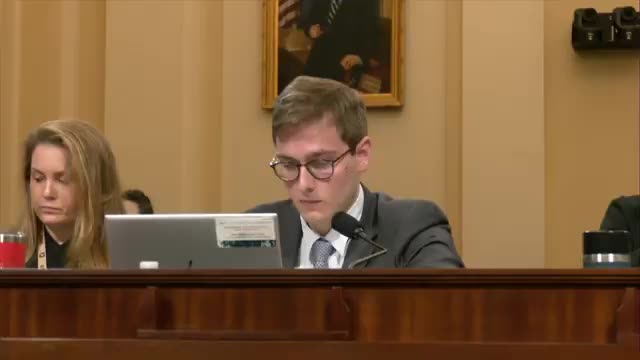Article not found
This article is no longer available. But don't worry—we've gathered other articles that discuss the same topic.
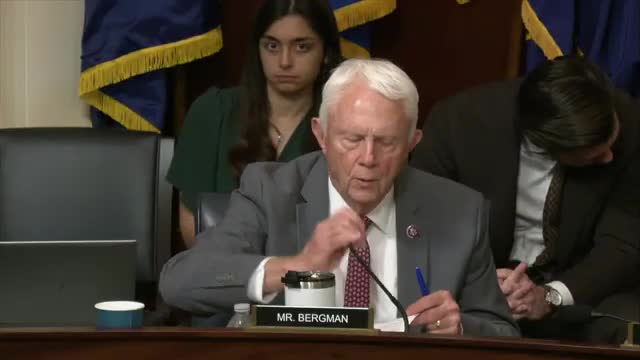
Panel advances Choice for Veterans Act to regulate paid claims help while rejecting rival Guard Act text
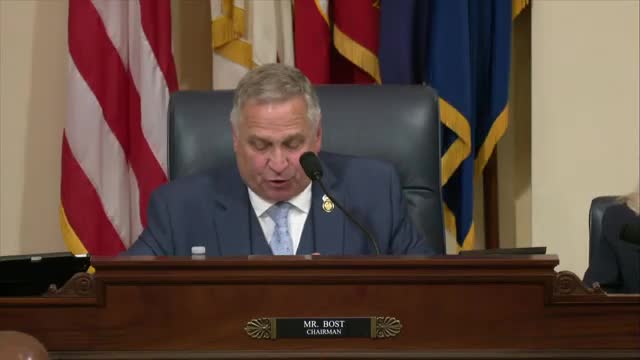
Committee backs HBOT pilot for veterans with TBI and PTSD
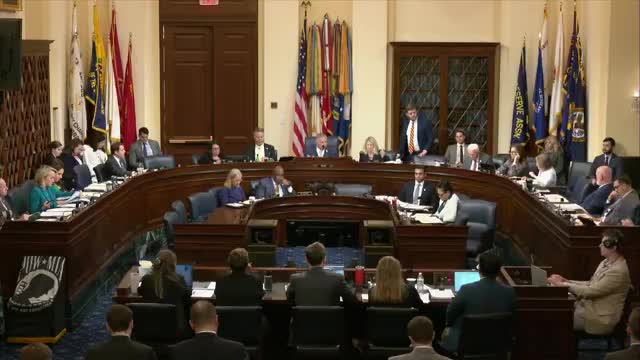
Committee reauthorizes Fox suicide‑prevention grants after debate over data collection and program reform
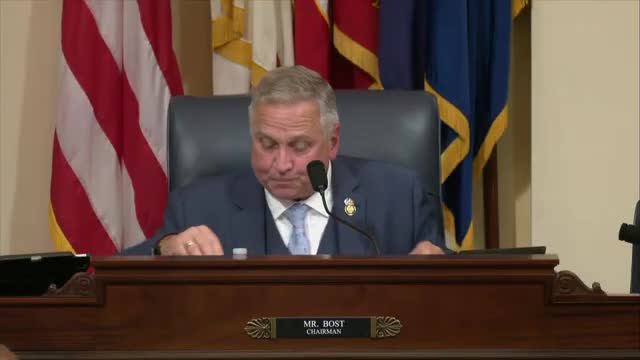
Committee votes to require GAO reviews after disputed VA budget shortfall
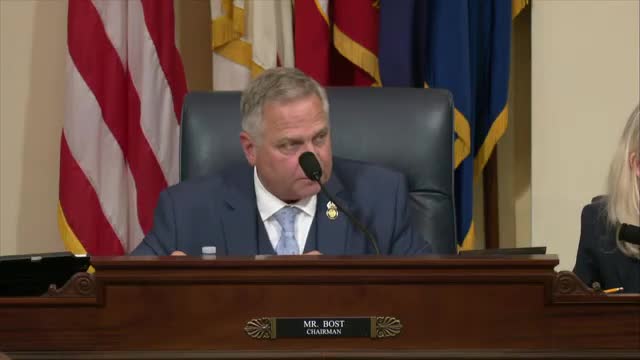
Committee advances VA home‑loan reform after disputes over abrupt end of VASP and 80,000 veterans at risk
